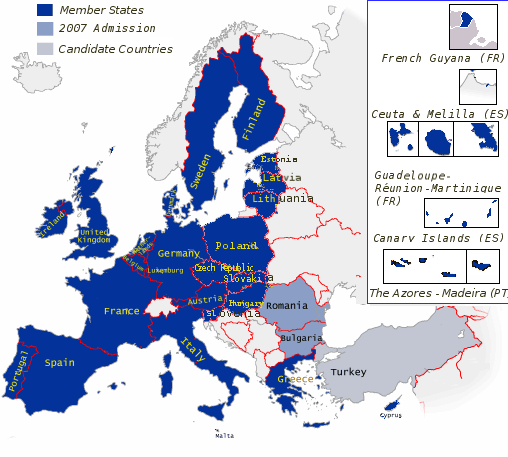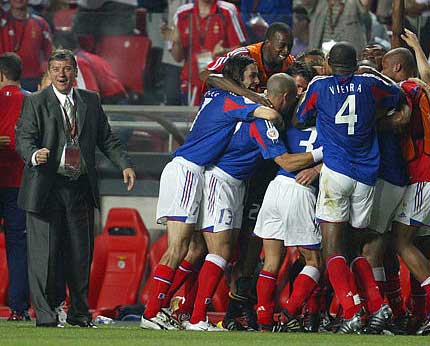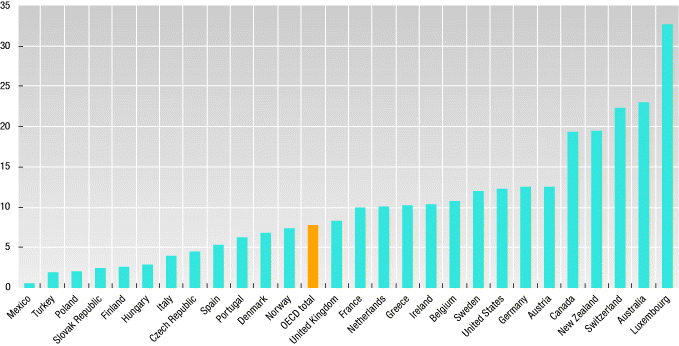
Lecture
1: Where and What is Europe?

What does he see as the
ties that
bind Europeans together?
Havel: Europe exists in three senses
1. geographic
2. former communist
countries(?)
seeking a "return to Europe"
Europe of prosperity, political freedom, democracy
*3.
really several bases
common complex history
common values
common culture
common way of life
a common destiny
European
History:
How have these shaped
European
politics?
What common ways of life?
Values:
Which values animate European social life, politics?
Source of these values?
Christianity,
Judeo-Christian Ethics
"Common Moral Minimum"
Kantianism
Tone of his conclusion; Europe = Christendom?
Ideologies:
Liberalism – US
vs.
Development
economically and politically
What
is “modernity?”
what are the characteristics of modern society/polity
When
did
Why
did
Post-industrial
society – what is it?
Is
Is this an elitist view
of
history/reality?
Do average people feel
this way?
Tony Judt
Europe: The
Grand Illusion
Ends with idea “’
European integration as a reaction to history of conflict,
culminating in World Wars of the 20th Century
fascism
nazism
genocide
Thus, linchpin to the
"new Europe" = Germany
Germany's role in new Europe
France's role
East-Central Europe's role
Europe today is a Europe of
"winners" and "losers"
who are the winners,
according to Judt?
who are the losers?
Europe's most pressing problems:
immigration
and creation of an "urban underclass"
energy
dependence
economic
stagnation
unemployment
declining infrastructure
crisis of welfare state
Diversity
Not mentioned by Judt or
Havel

but may be the most
significant change in European societies over last generation

SOURCE: http://lysander.sourceoecd.org/vl=6377184/cl=35/nw=1/rpsv/factbook/01-03-01-g01.htm
affects the basis of
European identity as defined by Havel
contributes to (or is
perceived to contribute to) many of the problems cited by Judt
AND
could be an answer to
many of the problems cited by Judt